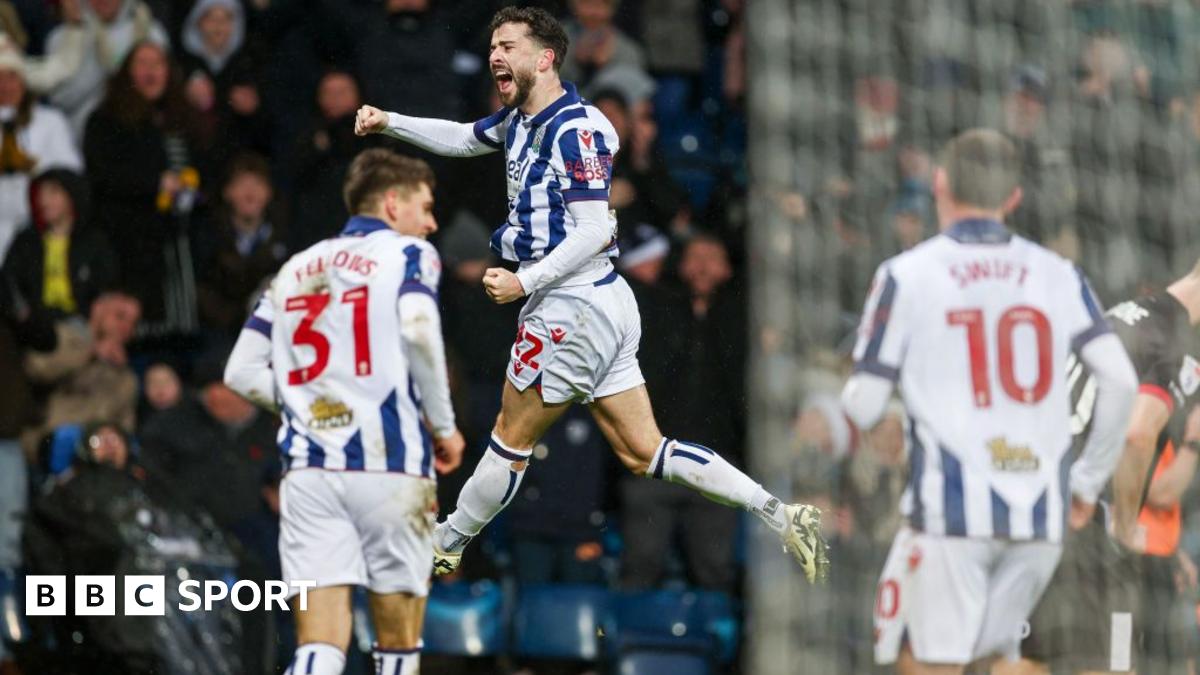Sports
Comcast-Bally Sports negotiations could make or break RSNs

News that negotiations are back on between Comcast and Bally Sports Regional Networks may seem like good news to the scores of baseball fans who haven’t been able to watch their home teams since May 1. That’s when Bally Sports went dark on Comcast systems, so now for nearly two-and-a-half months.
Bally Sports carries 12 MLB teams, most of which are in territories served by Comcast’s Xfinity service.
Carriage disputes are nothing new, seemingly as common as a late-season New York Mets swoon. And yes, typically they get resolved (no not the Mets swoon). But this is no ordinary dispute. Regional sports channels are in decline as cord-cutting has ravished the traditional linear world that nourished RSNs. And Comcast is transitioning like the rest of its industry to streaming all while on cable it is moving sports stations to pricey tiered offerings.
But while all that is true, the biggest issue and the one that makes this carriage dispute unique and so hard to solve is that the parent company of Bally Sports, Diamond Sports Group, is striving to exit Chapter 11 bankruptcy and the Comcast issue could derail those plans.
“Whether Comcast is essential to the deal or not, I don’t know,” U.S. bankruptcy judge Chris Lopez told attorneys at a June 3 hearing.
Here’s Diamond’s problem in trying to cut a deal with the cable company. Comcast is the second largest cable provider in the U.S. and when it was under contract, generated more than 10 percent of DSG’s revenue. And mind you, this is a company, Diamond, that has been in bankruptcy since March 2023; so it’s not as if it can just let that revenue walk.
But if DSG moves off its position that the RSNs must go on general cable, and not a tier that costs extra, this could be an even bigger problem. That’s because the contracts DSG signed with DirecTV, Cox, Charter, and other distributors almost certainly have clauses that say if one of their competitors gets better terms, then they also get it (they are called most favored nation clauses). And a tier would be a better term.
To refresh, channels don’t want to be on tiers. On general cable Diamond gets a subscriber fee for all the system’s customers; on a tier, it’s only for those who pay extra for the service. So if DSG caves to Comcast, it likely caves to all the distributors.
Major League Baseball has been at the forefront of questioning the financial viability of DSG’s bankruptcy exit proposal, known as a confirmation plan. That plan is scheduled to go to a hearing on July 29.
“I think it’s important, from the perspective of Major League Baseball, to understand exactly how devastating it is to lose carriage on Comcast,” the league’s outside counsel told a court hearing in May.
Last week, Diamond asked the court to move back the objection deadline from July 18 to July 24. That suggests DSG is hoping it strikes a manageable Comcast renewal soon and MLB won’t have cause to object.
But it’s hard to see these two parties reaching a deal, at least one that wins the approval of MLB, which has depicted the loss of Comcast as all but a death knell for DSG. And MLB won court approval last month to see the distributors’ most favored nation clauses.
Diamond didn’t ask to push back the confirmation plan hearing, something which would be met with howls of protest from the NBA and NHL, which are worried about having dependability for its broadcasts in their upcoming seasons. They have already objected to the confirmation hearing date getting bumped once.
So while it’s always good to have hope that the revived talks between Comcast and DSG will bear fruit, fans should recognize this is one massively difficult negotiation.
Diamond Sports Group televises the World Series champion Texas Rangers, Minnesota Twins, Miami Marlins, Cleveland Guardians, Atlanta Braves, Kansas City Royals, St. Louis Cardinals, Cincinnati Reds, Milwaukee Brewers, Detroit Tigers, Los Angeles Angels, and Tampa Bay Rays.









